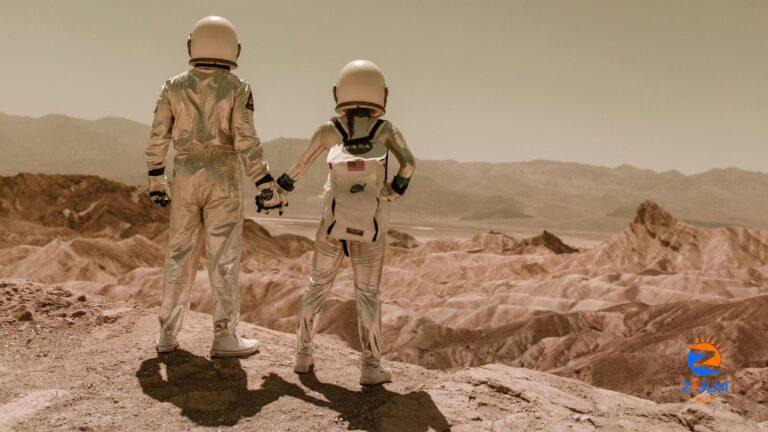
[ad_1]
Scientists believe vast amounts of water may be stored within Mars’ crust. A retired NASA mission uncovered signs of significant underground water on the Red Planet, a recent study suggests. The water would possibly be enough to create oceans if it were on the surface, CNN reported.
The study mentions that astronauts aiming to reach Mars may find it difficult to access the trapped water since it’s buried deep below the surface, ranging from 11.5km to 20 km. This discovery not only reveals more about Mars’ geological past but also hints at a potential new site for finding life, provided the water can be reached.
The findings are based on the data taken from NASA’s InSight lander, which studied Mars’ interior from 2018 to 2022.
Lead study author Vashan Wright emphasises that grasping the Martian water cycle is vital for comprehending the planet’s climate, surface and interior changes. The geophysicist at the University of California suggests that a good first step is to locate and measure the amount of water present, CNN reported.
Water on Mars
Scientists have long believed Mars was once a warmer and wetter world, with ancient lakes, rivers and water-altered rocks as proof. However, over 3 billion years ago, Mars lost its atmosphere, leading to the drying up of its surface.
The reason behind this atmospheric loss remains unclear, prompting numerous missions to investigate Mars’ watery past, the fate of its water, and the possibility of life-supporting conditions in its history. While some water remains as ice at the poles, researchers doubt this accounts for all the water that once existed on the planet.
Theories about Mars’ water suggest it might have turned into ice, escaped into space or seeped into the ground. The latest study indicates that the water likely moved into the planet’s crust.
[ad_2]